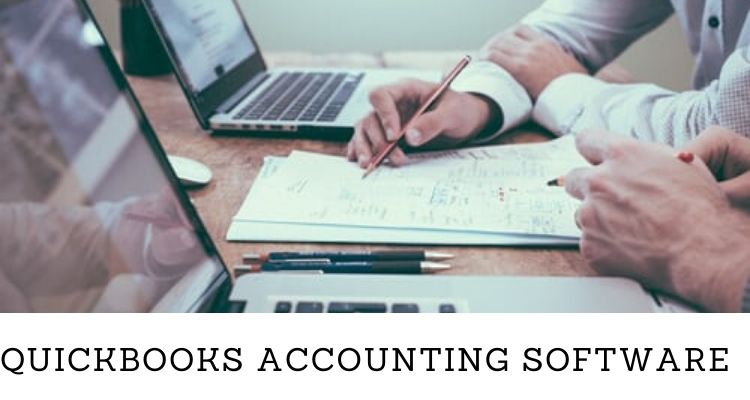Almost everyone on the internet wants to make money from the internet. Everyone wants to quit the hustle and bustle that comes with reporting to a workplace every morning; almost everyone is thrilled by the possibility of working at home, of being their boss. In 2020, almost everyone sees blogging as a viable means of earning a living, and that explains the influx of new bloggers in the blogosphere over the past 5years.
However, blogging is not as easy as people make it seem. Of course, you can pay someone to write a paper or article for your blog, but will it give you a profit?
Blogging is beyond just writing and posting; blogging involves everything, and probably more than your 9-5 job requires; the only difference is, you have no boss. If you think blogging is difficult, then making money from blogging is more difficult, but not impossible; you only have to apply yourself and your blog in the right way, and you will keep smiling to the bank as long as you are consistent at what you do.
Want to make money from blogging? Below are some surefire ways of achieving that.
CPC or CPM Ads
One of the most popular ways bloggers make money is through the placement of Ads, and basically, they are of two types:
- CPC/PPC Ads: This is the type of ads that display as banners in your content or on the sidebar. Every time a reader clicks the ad, you get paid.
- CPM Ads: These ads convert into a specific amount of money base on the number of views your ads get. For instance, when you get 1000 impressions, there’s an amount of money you get.
The most popular and most-used ads network is Google AdSense. When you sign up for Google Adsense, you do not need to interact directly with advertisers, because Google sends you adverts relevant to your site and all you have to do is embed the links anywhere on your site. In case AdSense doesn’t work for you, other programs could serve as alternatives, such as Infolinks, Media.net, and Chitika.
Selling Private Ads
Working with advertising networks is sometimes stressful and limiting to man bloggers because of the very many restrictions and rules you must obey; you want to keep publishing ds for those networks. Selling Private ads is the immediate alternative to CPC or CPM; you can sell private ads by writing a sponsored post in the form of a review for an advertiser’s product or service. Besides being able to pick the kinds of brands you want to advertise for, you also get to set your pricing and rates the way you want. Selling sponsorship space in your email newsletters, podcast, and videos is another way of selling private ads.
Include Affiliate Links in Your Content
Affiliate marketing is similar to working for advertising networks, except that in this case, you are mostly working directly with the advertisers. Below is how affiliate marketing works:
- An advertiser sends you a unique link to a product he/she wants to sell, and you both agree on a certain percentage as a commission
- You will receive a unique affiliate link to track sales and confirm that the buyer is coming from your site.
- You get to include the affiliate link on your site directly into your content or display it as a banner in your sidebar.
Popular affiliate programs include Amazon Associates, Clickbank, and several others.
Sell Digital Products
If you do not use advertising to monetize your blog, another option is to sell digital products on your site. Digital items like;
- eBooks
- Online courses
- Images, music, or videos people can use in their content
- Apps, plugins, or themes
Please note that whatever digital product you want t sell on your sites relevant to your site stands for or at least something your audience needs or is continuously searching the internet for. That is to say that your site and what you sell should be an answer to your readers’ questions and a solution to their problems. Please pay attention to your site’s behaviors; pay attention to comments to have an idea of what they want, and avoid creating a product based on assumptions.
Sell Memberships
Another way to monetize your blog is to sell membership to exclusive and private sections of your site. For example, a career blog might sell membership to forums where users can get personalized career advice from professionals.
When it comes to selling membership, the most crucial factor is that you must be selling a value that you are sure your users cannot get elsewhere for free.
I’m sure no one said monetizing your blog is anyway easy; however, if you pull the right chords and strings, it most certainly work, and you will continue to reap the profit as long as your site remains online, visited and updated—the success of your blog depends on your strategy.






